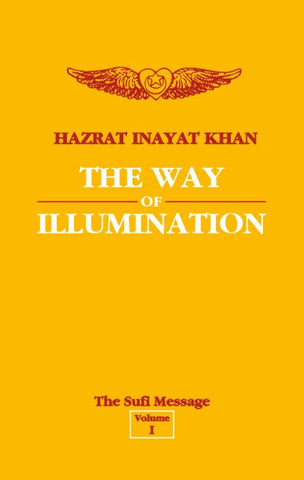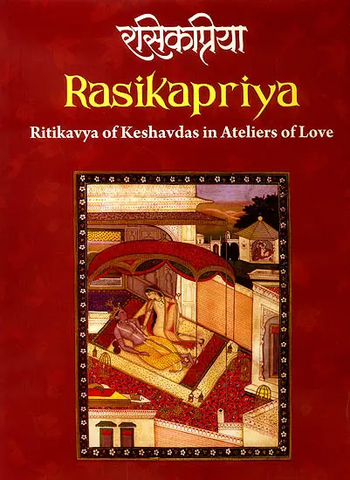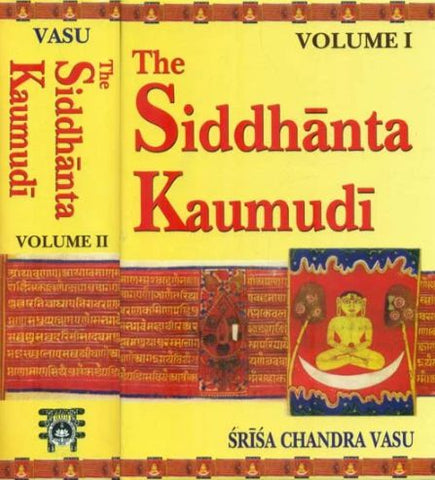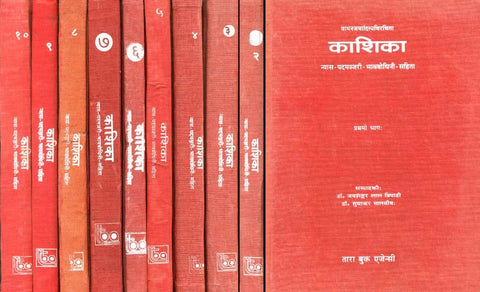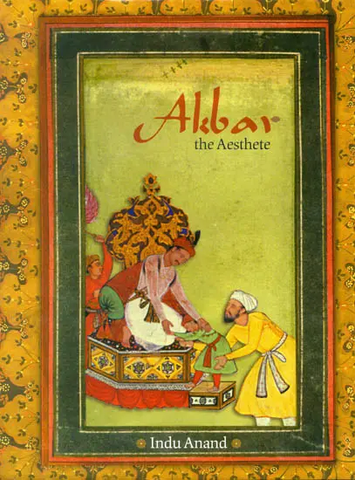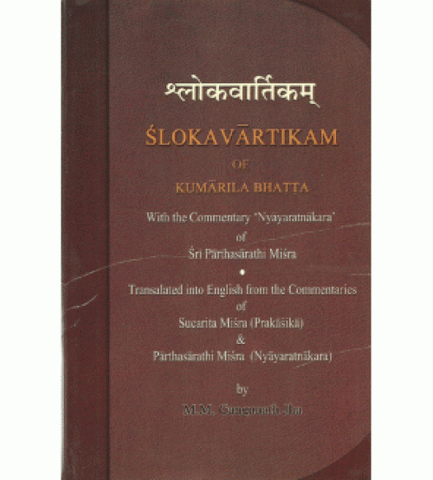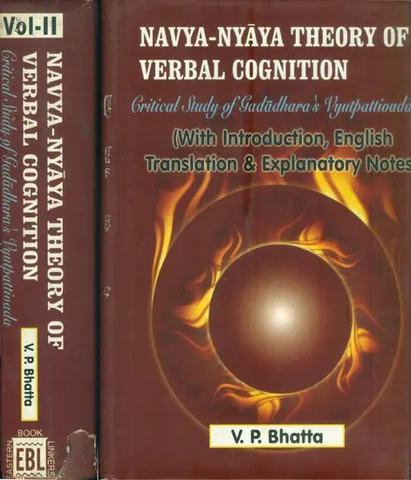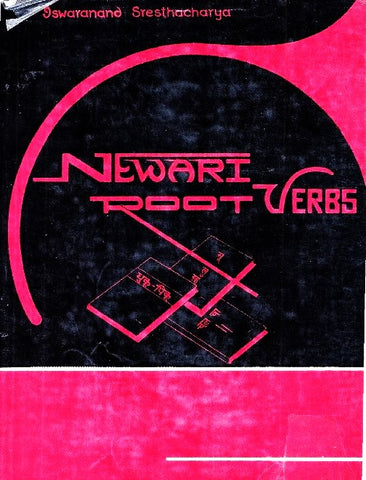Your cart is empty now.
The notions of Karaka and Vacya comprising a theory of co-reference in Syntactico-Semantics is an established theory in Indian Grammar.
In relation to the descriptive analysis of Bengali noun-phrase, the complexity of Karaka-Vacya configuration has been discussed in this book. Also the notion of role and the notion of ergative have been dealt with.
Dr. Gangopadhyay has indicated some directive to solve the much discussed problems inherent in the assignment of roles to noun phrases.
She has also raised an important issue regarding the ergative label attributed to some Indian languages.
About the Author:
Malaya Gangopadhyay holds an M.A. Degree from Visva Bharati University, a post-graduate degree in teaching from the University of Calcutta. She studied linguistics and Sanskrit at Annamalai University, India, and obtained her Ph. D. in Linguistics from Monash University, Australia.
For a number of years Dr. Gangopadhyay taught at various institutions of higher studies in India as well as in Australia. She was a reader at Annamalai University for more than six years. She lectured at tertiary Colleges in Calcutta, Hooghly, Bhubaneswar, and at Melbourne University.
Currently she is engaged in preparing a series of Sanskrit teaching units for the C.A.E. in Melbourne. Some teaching materials comprising the first unit has already been printed.
THE PRESENT study represents a descriptive account of the noun phrase structure in Bengali and attempts to use the semantico—syntactic theory of karaka for assigning roles to noun phrases. Although ‘roles’ are to be understood from the viewpoint of universality, the ancient theory was based on one particular language. In my work the applicability of Karaka in mapping semantic-syntactic cross references is investigated. It is explored in the dimension of relation and that of manifestation.
The aim of this study is to show that the karaka—vacya configuration, if understood the way it has been explicated, can be used as a useful axiom of semantic and syntactic cross reference. Following traditional grammar, it is suggested that minimization of factual reality and of certain semantic detail may be an appropriate directive for •role’ assignment. This restrictive criterion establishes a positive ‘cut-off’ point in role assignment.
The study criticizes the ‘deep structure hypotheses for confusing grammar and real world situations. It is argued that, in tracing the underlying factual and the psychological reality of structures, a grammatical analysis can easily be stretched too far.
The units and their relations are described in a basically structural framework. It is believed that, even though the multidimensional approach may be neutralized at the higher level description of syntax, various cross references which are pertinent need to be stated. Rigorous formalization and formulistic (symbolic) representations have not been favoured. It is believed that the principle of economy is desirable in the sense that everything should be described in a concise manner, but this does not mean that variants and characteristics of language should be neglected.
There are four chapters. A list of verbs and three tables are given in Chapter III. All examples are put in the Appendixes. It is hoped that they will serve a useful purpose: the reader would be able to verify the occurrences of markers (including postpositions) with nominal expressions and their syntactical behaviour. In the transcription, the signs are those of the International Phonetic Association.
I wish to express my indebtedness to all those whose teachings and writings have contributed to the shaping of my ideas. I would particularly like to mention Prof. U.G.E. Hammarstrom, who - was my supervisor. I am greatly indebted to him for his advice and A criticism. He has kindly written the Foreword. l convey my sincere thanks to the Authority of Monash University for awarding me a Graduate Scholar- ship for three years. The present study was awarded Ph.D. degree by Monash University, Melbourne in 1976. I received invaluable help from the Main Library and the Departmental Library of Monash University.
Among others, I should mention Miss M. Lighfoot, Dr. P. Platt and Dr. P. Paul for their suggestions and discussions. I must acknowledge the forbearance and patience of my husband and our daughter, which they showed to me during the period of this study.
Due to my illness, it took a long time to revise the work and make it ready for the press. I know my limitations and feel responsible for any errors of analysis.
My labours will be amply rewarded if this study interests scholars and students in the field.
DR. MALAYA GANGOPADHYAY`S thesis is a thorough study of the noun phrase in Bengali with regard to both the expression structure and the various functions of the noun phrase. They are both dealt with in considerable detail.
It is obvious that the study should be of value to linguists interested in Bengali. I believe, however, that linguists interested in semantic and syntactic problems in general could read her work with profit. For scholars in the western tradition the use of the karaka notion would be of particular interest.
Delivery and Shipping Policy
- INTERNATIONAL SHIPPING
- Rs.1000-1100/kg
- ESTD. Delivery Time: 2-3 weeks (depending on location)
- Bubble Wrapped with Extra Padding
- NATIONAL SHIPPING
- NCR: Rs. 30/half kg
- Standard: Rs. 80/half kg
- Express shipments also available on Request
- ESTD. Delivery Time: Ranging from 1-4 days up to 7 business days (Depending on your choice of Delivery)
- TRACKING
- All orders; national or international, will be provided with a Tracking ID to check the status of their respective orders
- Depending on the Shipping Service, Tracking ID may be used on their respective tracking portals
Frequently Asked Questions (FAQs)
Domestic Shipping: 3-4 Days (after shipping)
International Shipping: 1-2 weeks (based on your location)
You will receive an email once your order has been shipped or you can email us if you didn't receive tracking details (info@mlbd.co.in)
Every book that we sell is the latest edition except all the rare books
Yes, we do provide free shipping, only on domestic orders (within India) above Rs.1500







